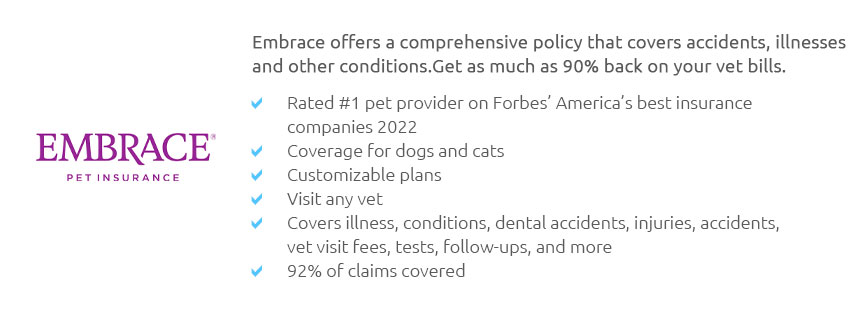 |
 |
 |
 |
 |
|
 |
|
 |
|
 |
|
 |
|
 |
|
 |
|
 |
 |
Are Therapy Dogs Covered by Insurance?The growing popularity of therapy dogs has prompted a significant question among pet owners and those considering animal-assisted therapy: are these invaluable companions covered by insurance? As society increasingly recognizes the therapeutic benefits that these animals provide, it is only natural for individuals to seek financial protection for their furry friends. However, the answer is not as straightforward as one might hope. Let us delve into the complexities surrounding insurance coverage for therapy dogs, exploring various insurance types, the criteria they consider, and the potential pathways to securing coverage. First, it is important to distinguish between different types of supportive animals: service animals, emotional support animals, and therapy dogs. While service animals are trained to perform specific tasks for individuals with disabilities, therapy dogs offer comfort and affection in various settings such as hospitals, nursing homes, and schools. Emotional support animals provide companionship to individuals with mental health conditions. Insurance coverage often varies based on these categories, with service animals typically receiving the most comprehensive coverage due to their critical role in aiding daily functions. Unfortunately, insurance policies rarely extend to therapy dogs. Most pet insurance plans primarily focus on health-related issues, covering accidents, illnesses, and preventive care. They seldom acknowledge the specialized role of therapy dogs, leaving pet owners to bear the costs associated with training, certification, and maintenance. Despite this, some innovative insurance companies are starting to recognize the value of therapy animals and offer partial coverage or discounts on premiums if the dog is certified. When it comes to homeowners or renters insurance, the presence of a therapy dog might influence liability coverage. If a therapy dog causes injury or property damage, the policy could potentially cover these incidents, but this is highly dependent on the insurer and the specifics of the policy. Therefore, pet owners should meticulously review their insurance plans and consult with providers to understand their options. Another consideration is health insurance for the individuals benefiting from therapy dogs. While these policies do not cover the animals themselves, some may cover therapy sessions where the dog is present as part of a broader mental health treatment plan. This indirect coverage could alleviate some financial burdens associated with therapy dogs. For those seeking coverage, advocacy and awareness can play pivotal roles. Engaging with insurance providers and pushing for policy changes can lead to more inclusive coverage options in the future. Meanwhile, pet owners can explore alternative funding avenues such as grants and nonprofit organizations dedicated to supporting therapy dog programs. FAQ Section
https://www.servicedogtrainingschool.org/blog/are-service-dogs-covered-insurance?srsltid=AfmBOork2CNaw1mTSlC05m4ZRfi2AsZLqdxVSDcqrmr2RvloLYRLwsSD
There are no government-backed insurances available for service dogs, although this type of dog is deemed medical equipment. Private insurance ... https://amdisrights.org/frequently-asked-questions/are-service-dogs-or-emotional-support-animals-covered-by-most-medical-insurance-providers
Medical insurance typically provides coverage for medical treatments, procedures, medications, and related healthcare services. Service dogs and ... https://www.reddit.com/r/service_dogs/comments/pjs5le/service_dogs_and_insurance/
Sadly there is no coverage for dependents, even with the new law, it only is for veterans. There are many programs that work with the person who ...
|